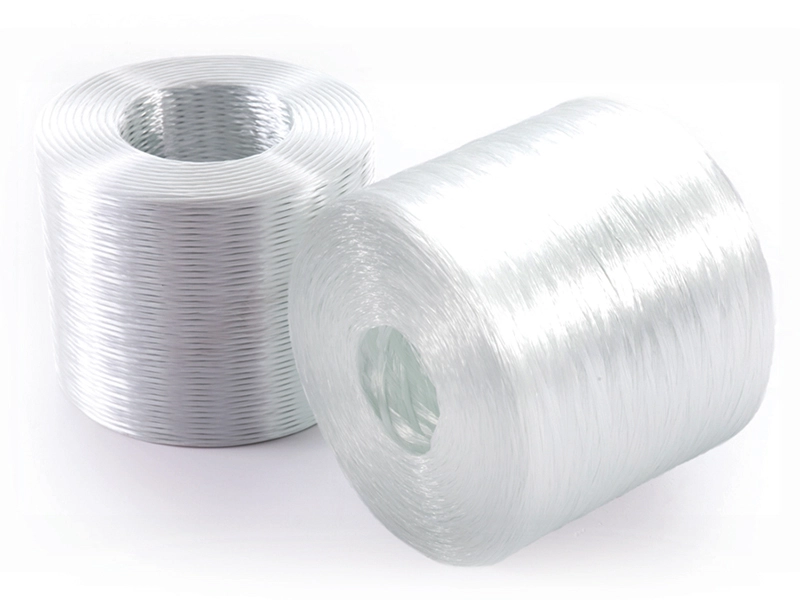
Ready to experience high-quality products at a price that works for you? Contact us for a quote today!
320 Direct Roving is coated with a silane-based sizing to reinforce unsaturated polyester resin and vinyl resin. It ismainly used in the weaving process.
320 Direct Roving and its fabrics are widely used in wind energy, shipbuilding, chemical engineering and other fields tomake wind blades,pressure vessels,grids, yachts, and so forth.
Product Features
- Excellent weavability
- Smooth transition between roving packages,fast and complete wetout
- Low fuzz
- Good mechanical properties of parts
Specification
| Glass type | E | |||
| Sizing type | Silane | |||
| Typical filament diameter (μm) | 17 | 20 | 22 | 24 |
| Typical linear density (tex) | 600 1200 2400 | 1460 1500 1530 | 2200 | 4800 |
| Example | EDR17-2400-320 | |||
Technical Parameters
| ltem | Linear density variation (%) | Moisture content (%) | Sizing content (%) | Breakage strength (N/tex) |
| Test method | ISO 1889 | ISO 3344 | /SO 1887 | ISO 3341 |
Standard range | <600 tex:±5 ≥600 tex:±4 | ≤0.07 | 0.45~0.70 | ≥0.42 |
Mechanical properties
| Mechanical properties | Unit | Value | Resin | Test menthod |
Tensile strength | MPa | 2315.3/2488.4 | UP/EP | ASTM D2343 |
| Tensile modulus | GPa | 82.5/82.8 | UP/EP | ASTM D2343 |
Instructions
- The product is best used within 12 months after production, and should be kept in the original package before use.
- Care should be taken when using the product to prevent it from being scratched or damaged.
- The temperature and humidity of the product should be balanced with the ambient temperature and humidity before use, and theambient temperature and humidity should be properly controlled during the use.
Packaging
For detailed package size information, please download the product manual to view!
Storage
Unless otherwise specified, the fiberglass products should be stored in a dry,cool and moisture-proof area.The best temperature and humidity should be maintained at -10℃~35℃ and ≤80% respectively. To ensure safety and avoid damage to the product, the pallets should be stacked not more than three layers high. When the pallets are stacked in two or three layers, special care should be taken to correctly and smoothly move the upper pallet.